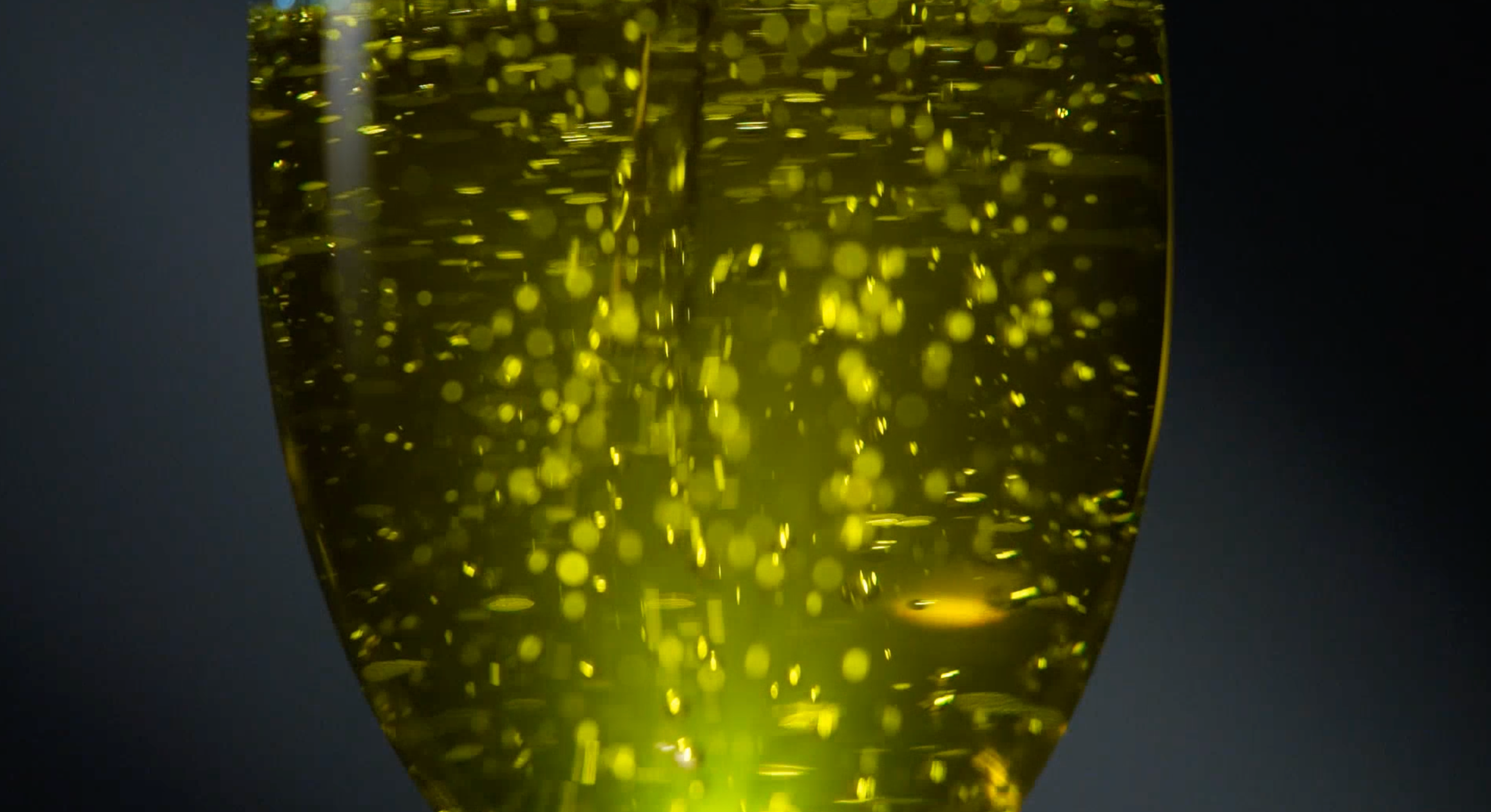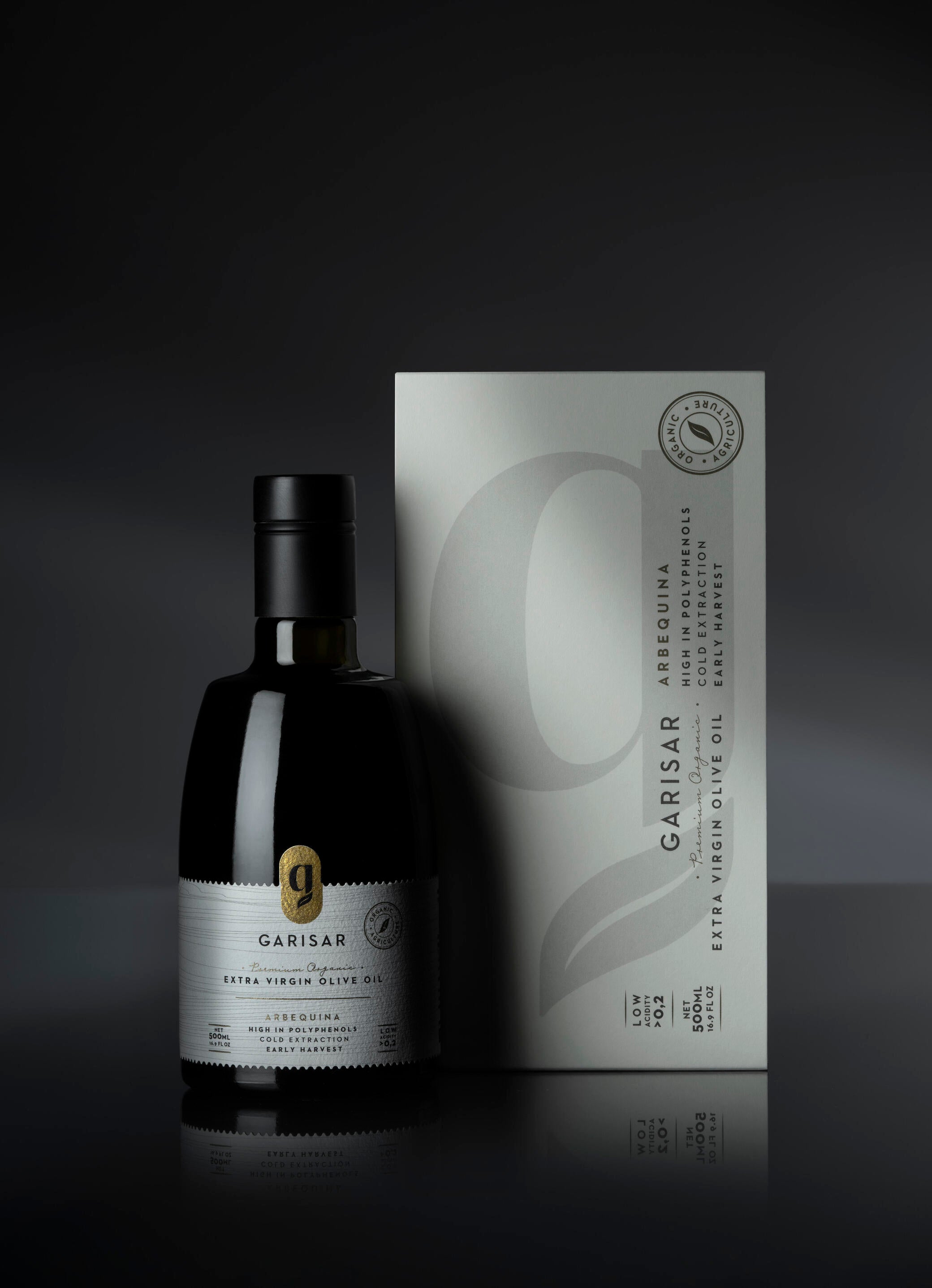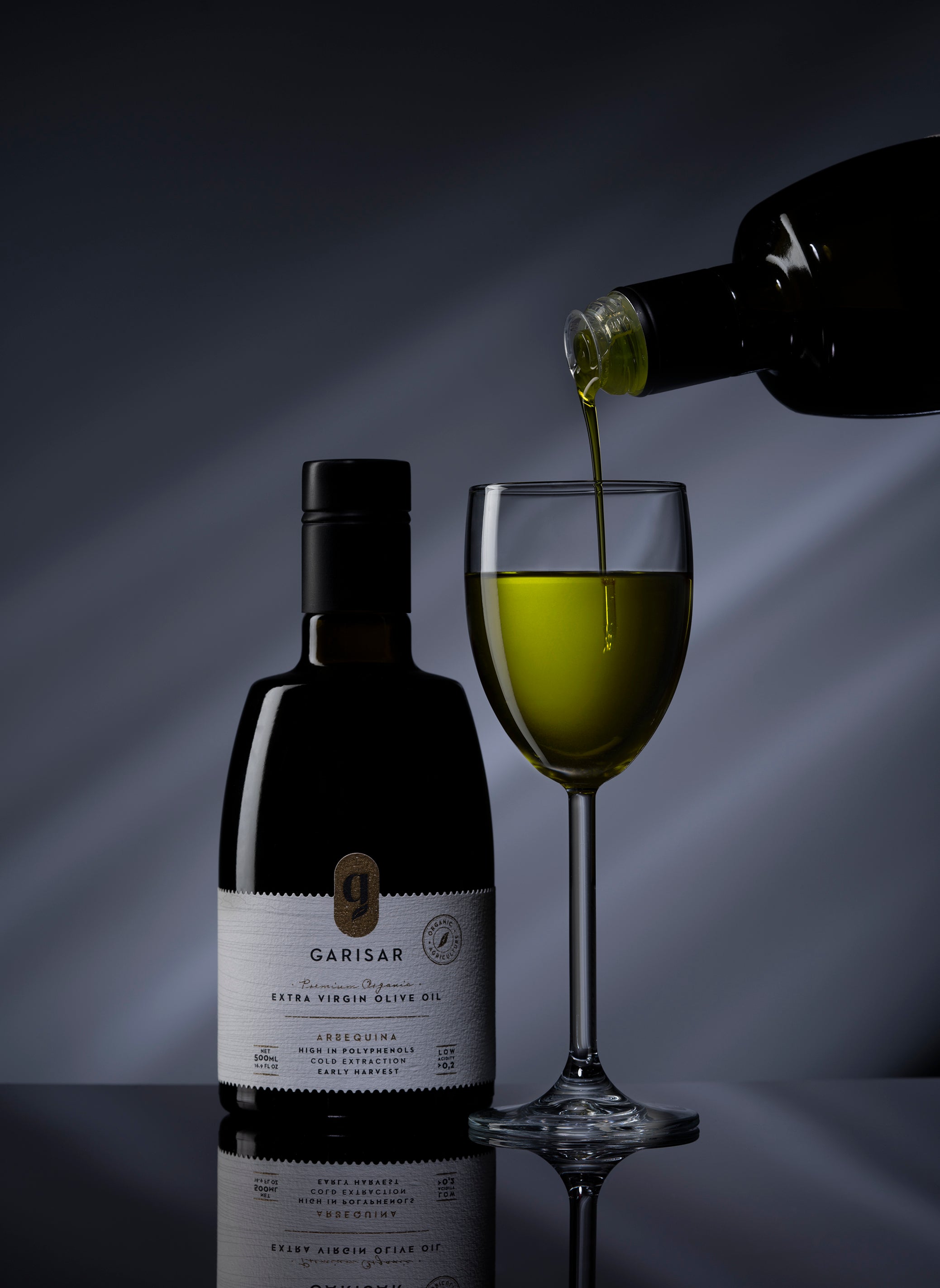What Happens If Olive Oil Freezes?
The Truth Behind Real Olive Oil and Its Cold Weather Test

Why Does Olive Oil Freeze?
Title
Does Real Olive Oil Freeze?
Title
How Do Fake or Refined Oils React to Cold?
Title
What Should You Do If Your Olive Oil Freezes?
Title
Can You Trust the"Freezer Test"?
Title
A Quick Note
Final Thoughts
Title
Discovery & Insight HUB
Title



Title


